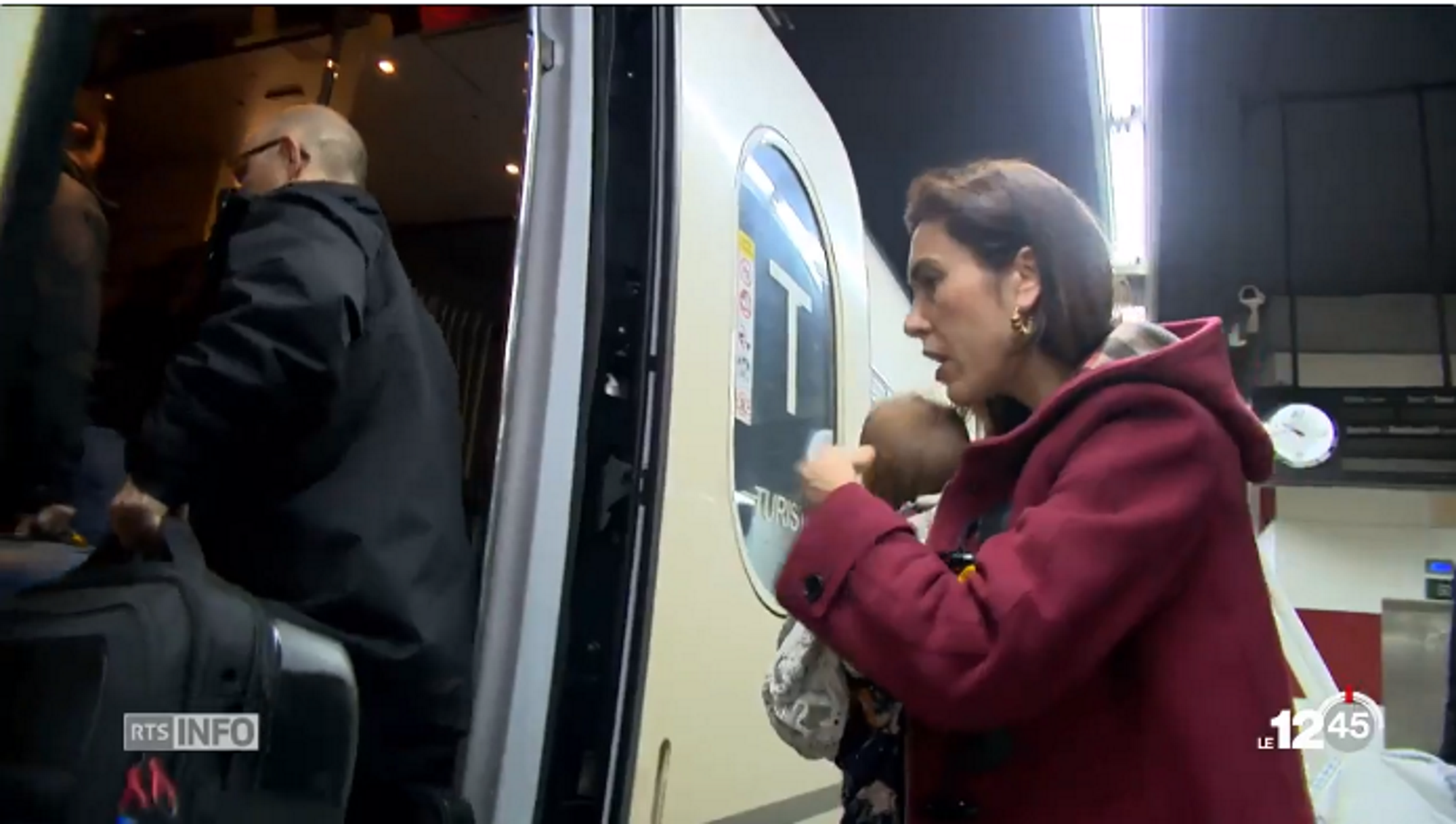The president of Òmnium Cultural, Jordi Cuixart, is awaiting a response to his application to be transferred to a prison in Catalonia. So far, judge Pablo Llarena had always argued he needed to have the Catalan prisoners near to the Supreme Court in Madrid in case they had to be summonsed for a hearing. But with the order to move to trial already done and dusted, now comes a wave of requests for them to be able to move closer to Catalonia.
The first to make such an application has been Jordi Cuixart. The accompanying expert opinion, which El Nacional has seen, argues the violation of his young child's rights as one of its main points. The request is based on the right of prisoners to be close to their place of residence to avoid social and family estrangement, but in Cuixart's case, the violation of children's rights become especially important. His child, barely over one year old, has spent more of his life with his father in prison than outside.
The report, by Iñaki Rivera Berias, director of the Observatory of the Penal System and Human Rights at the University of Barcelona, which accompanies the application by Cuixart's lawyer, Marina Roig, says that "keeping Jordi Cuixart Navarro in Soto del Real prison flagrantly violates the rights of the child, because it's perfectly possible for him to be transferred to a prison close to his place of residence".
The report says that, up to April, Cuixart's wife Txell Bonet and their son have travelled a total of 35,000km (22,000 miles) between Barcelona and the prison with all the "financial, psychological and emotional effects which such a situation means for the child".
According to the expert report, various rights of the child are being violated including article 9 and article 2.2 of the Convention on the Rights of the Child (CRC) and of the International Covenant on Civil and Political Rights, which requires the rights of the children of prisoners to be kept and protected: "It's clear that in the present case, no, the rights of his son are not being adopted nor adequately protected, since keeping his father 630km [390 miles] away (distance between Barcelona and Soto del Real prison) doesn't respect the right of the minor to not be discriminated against over the situation of his father's imprisonment, Mr Jordi Cuixart Navarro, nor does it respect the right acclaimed in article 9 of the CRC."
"The only way for the right of his son to maintain contact with his imprisoned father to be respected and protected against any discriminatory measure, as defined internationally by both laws and recommendations, would be to move his father to a prison as close as possible to his house".
European legislation is also being violated: "In accordance with the law of both the European Union and the Council of Europe, legal and administrative authorities have to take into account the greater interest of the child in all decisions related with his rights with respect to his family life".
The report argues that the minor's rights aren't even being guaranteed in accordance with Spanish legislation: "In the case under consideration of a separation imposed by the state due to the imprisonment of a parent, the authorities have to act in defence of the interest of the minor to remain in contact with their parent and have to find a fair balance between the state's interest and the duty to guarantee the superior interest of the child". It remarks that Jordi Cuixart's procedural situation wouldn't change between him being in a Spanish prison or a Catalan one, but that the measure of imprisonment and the rights of his son and family would all be fulfilled.
The consequences
"Imprisonment, as described by many studies on the subject, triggers multiple physiological, psychosocial, psychological and psychopathological disorders. But its impact goes beyond the person deprived of their freedom, also extending to their family, unconnected to the criminal activity which motivated the sentence" writes Iñaki Rivera.
"The effects of imprisonment on relatives encompasses many different areas. From those deriving from contact with the prison itself (ignorance, cryptic language, hopes, behaviour, controls, defencelessness...); worsening financial situation, due to the decrease in income and increase in expenses; the psychological pain derived from having a loved one imprisoned, the fear over what might happen to them, their absence...; the complete change of the family order, the disfiguration of the role of the parent...; to those deriving from the reactions of their social environment", the report says to argue for Cuixart to be moved to Catalonia.

